
A verbal tocilizumab workflow helped provide safer and more effective delivery of the agent for patients experiencing cytokine release syndrome.

Your AI-Trained Oncology Knowledge Connection!


A verbal tocilizumab workflow helped provide safer and more effective delivery of the agent for patients experiencing cytokine release syndrome.

Loncastuximab tesirine and rituximab led to encouraging responses in most patients with relapsed/refractory follicular lymphoma in a single-center study.

The latest CARTITUDE-4 data examine the efficacy and safety of ciltacabtagene autoleucel in lenalidomide-refractory multiple myeloma.

ME-344 and bevacizumab can now have an additional 20 patients enrolled on the phase 1b trial for relapsed metastatic colorectal cancer.
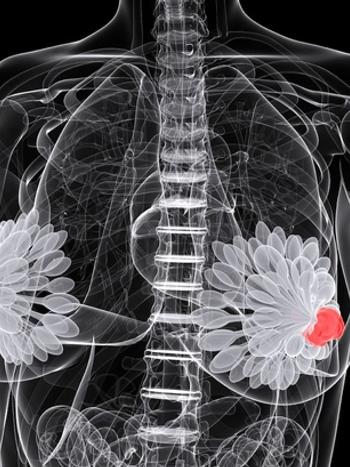
DCISionRT is a risk-assessment test for patients designed to predict RT benefit and develop their recurrence risk after surgery alone or with radiation.
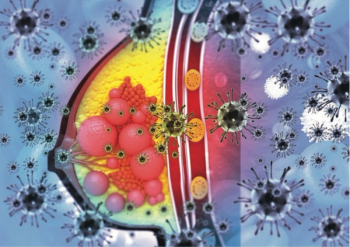
The latest KEYNOTE-756 data highlight the surgical outcomes of patients with high-risk early-stage estrogen receptor–positive breast cancer.

Sacituzumab tirumotecan elicited responses prominently in the second- and third-line and beyond setting and in those with high TROP2 expression.

Microwave ablation may be a go-to treatment option instead of surgery for patients with multifocal T1N0M0 papillary thyroid cancer.
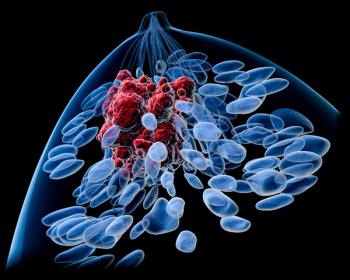
Young patients with breast cancer were more likely to be the reason for diagnostic delays vs system delays, partly due to less concern for their symptoms.

In-hospital mortality and complication rates were lower at accredited hospitals vs those not accredited for patients undergoing rectal cancer surgery.
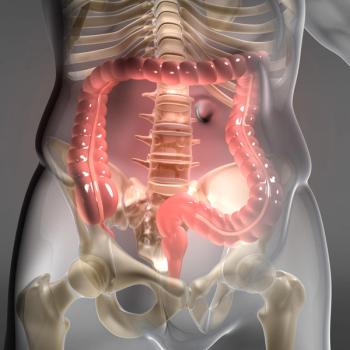
Data from the phase 1/2 KRYSTAL-1 trial may support adagrasib plus cetuximab as a new standard in previously treated metastatic KRAS G12C–mutated CRC.
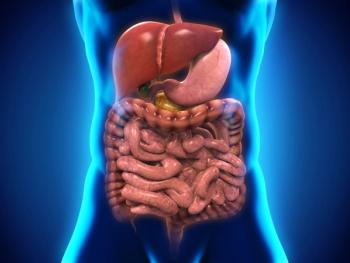
The pilot trial is planning to enroll 20 patients who are deemed inoperable but do not have metastatic disease.
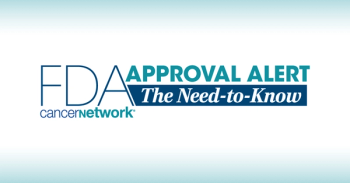
The FDA has approved ciltacabtagene autoleucel for the treatment of adult patients with relapsed/refractory multiple myeloma who have received at least 1 prior line of treatment, including a proteasome inhibitor and an immunomodulatory agent, and are refractory to lenalidomide.
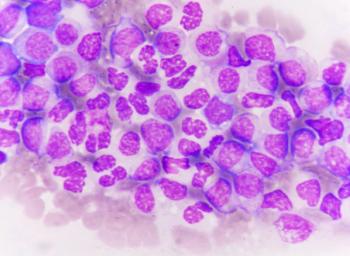
Study authors note that access to multidisciplinary teams and transportation programs may help mitigate hematopoietic cell transplantation outcome disparities.

Findings suggest investigating an individualized monitoring period for stable patients with hematologic cancers to decrease financial and geographic barriers to CAR T-cell therapy.

Data from the DUO-E trial support potential new durvalumab-based treatment options for patients with advanced or recurrent endometrial cancer.
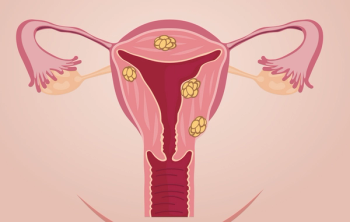
The survival benefit with dostarlimab/chemotherapy was deemed unprecedented in patients with microsatellite instability high primary advanced or recurrent endometrial cancer.

Leonard G. Gomella, MD, FACS, discusses new clinical trials that are evaluating novel targeted therapy options for those with prostate cancer.
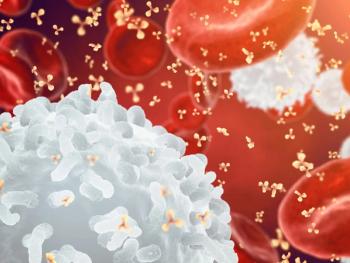
Strategies must be framed for addressing racial and geographic disparities in access for CAR T-cell and bispecific antibody therapy, according to the study authors.

“Ultimately, we’re going to be able to see more patients, offer more precise surgery more efficiently, and that means just better outcomes for our patients here in the Intermountain West,” said Hilary McCrary, MD, MPH

Patients with factors such as lymphovascular space invasion or positive glossectomy specimen margins may be considered for adjuvant radiotherapy to optimize disease control of tongue squamous cell carcinoma.

The use of postoperative adjuvant radiation therapy led to less weight loss in patients with HPV-positive oropharynx cancer, according to Wade L. Thorstad, MD.

Results from a phase 1/2 trial show clinical activity of APG-115 in patients with p53 wild-type salivary gland cancer.

Findings highlight a need for individualized risk evaluation for venous thromboembolism and prophylaxis regimens for patients receiving surgery for different types of cancer.

Combining Orca-T with myeloablative BFT conditioning may improve outcomes for older patients with hematologic cancers, according to Caspian H. Oliai, MD.

Secondary primary lung cancer rates and cumulative incidence rates were similar in multiple subgroups of patients with stage T1aN0 non–small cell lung cancer.

As the 41st Annual Miami Breast Cancer Conference approaches, Debu Tripathy, MD, prepares to step down as cochair.
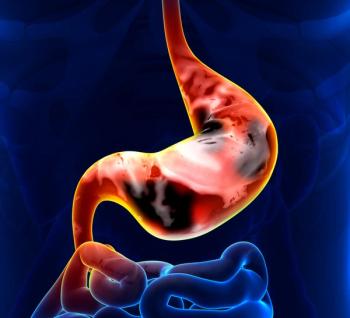
Over half of the patients with HER2-negative gastric or gastroesophageal junction adenocarcinoma achieve a major pathological complete response following treatment with sintilimab plus FLOT in a phase 2 trial.

Both the FDA and European Medicines Agency applications were based on findings from the phase 3 CheckMate-77T trial in patients with resectable non–small cell lung cancer.

Results from the phase 2 KEYNOTE-B61 trial showed prolonged survival in patients with advanced non–clear cell renal cell carcinoma.